10 Best Cymbopogon Citratus Preparations
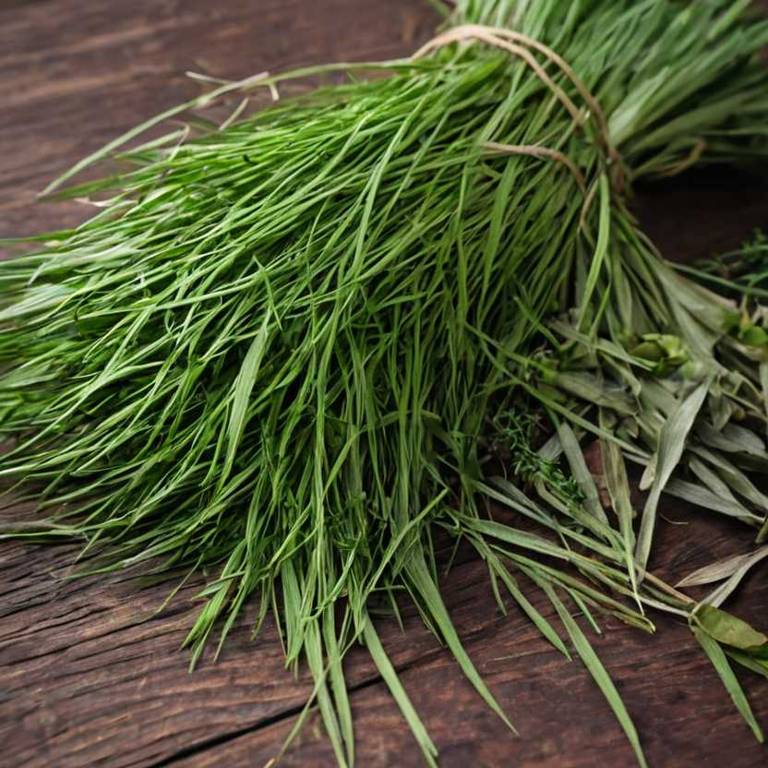
The best medicinal preparations of Cymbopogon citratus are teas, essential oils, decoctions, tinctures, and capsules, each offering unique benefits for health and wellness.
Teas made from fresh or dried leaves are commonly used to aid digestion and reduce stress.
Essential oils extracted through steam distillation are valued for their calming and aromatic properties.
Decoctions involve simmering the herb to extract its active compounds, often used for respiratory support.
Tinctures provide a concentrated form of the herb, useful for targeted therapeutic applications.
Capsules offer a convenient and standardized way to consume the herb for consistent dosing.
Below there's a list of the 10 best herbal preparations of cymbopogon citratus for medicinal purposes.
1. Teas
Cymbopogon citratus teas is commonly used to promote digestion, relieve stress, and support respiratory health.
This herbal preparation is widely utilized for treating ailments such as indigestion, nausea, anxiety, and inflammation. It is also known to aid in reducing fever and alleviating symptoms of colds and flu. The medicinal properties of Cymbopogon citratus are attributed to its bioactive constituents, including essential oils like citral, geraniol, and limonene.
These compounds possess antimicrobial, antioxidant, and anti-inflammatory effects, contributing to its therapeutic value.
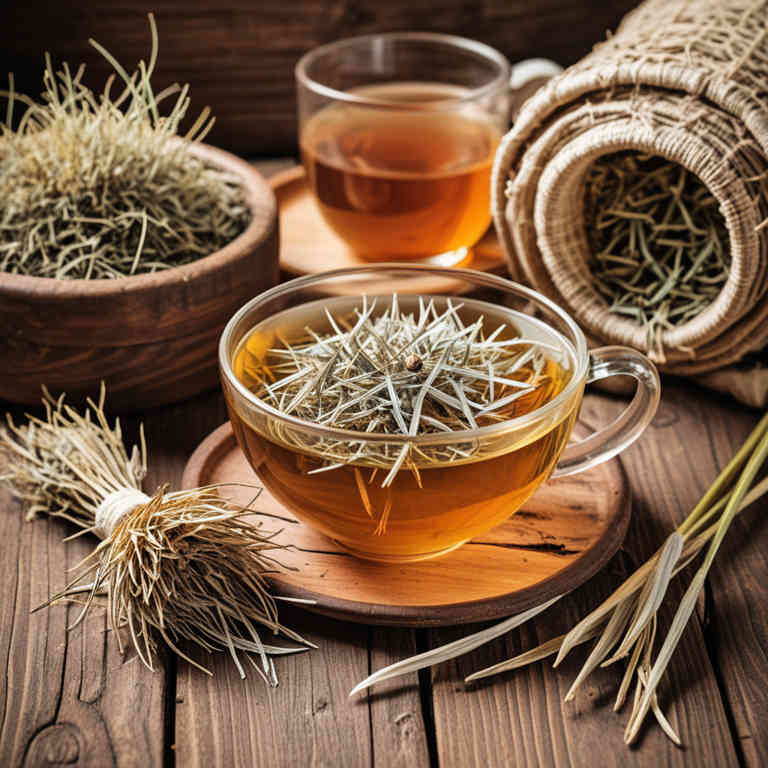
3. Decoctions
Cymbopogon citratus decoctions is commonly used to treat digestive issues, stress, and respiratory conditions.
This herbal preparation is widely recognized for its calming and therapeutic effects, making it a popular remedy for anxiety and insomnia. It is also used to alleviate symptoms of nausea, headaches, and skin infections. The bioactive constituents responsible for its medicinal properties include essential oils such as citral, geraniol, and myrcene, which possess antimicrobial, anti-inflammatory, and antioxidant properties.
These compounds contribute to its effectiveness in addressing a range of health concerns.
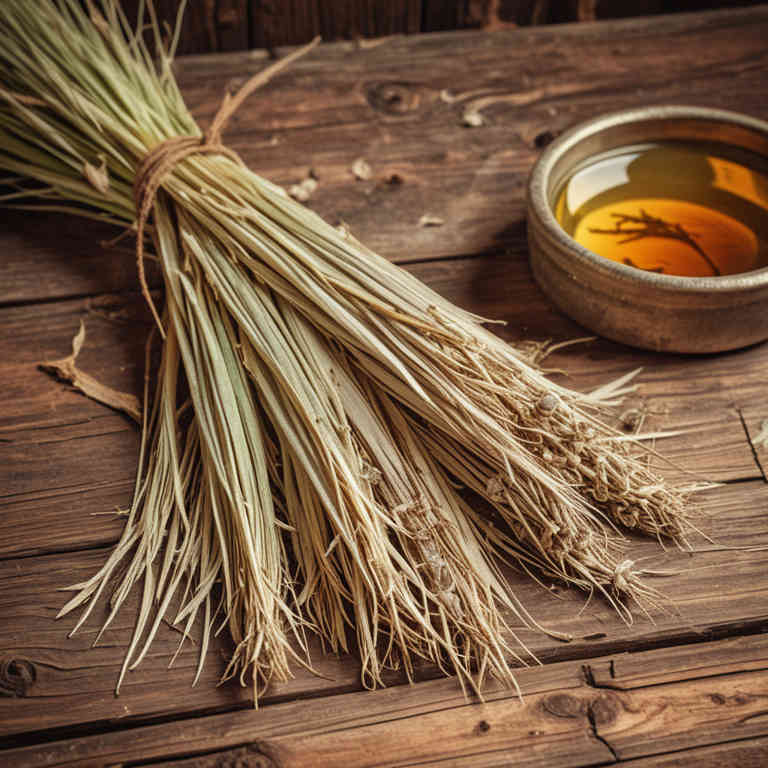
4. Tinctures
Cymbopogon citratus tinctures is commonly used to treat digestive issues, stress, and respiratory conditions.
They are often employed to alleviate symptoms of indigestion, nausea, and anxiety due to their calming and soothing effects. These tinctures are also used to relieve symptoms of colds, coughs, and bronchitis because of their expectorant and antimicrobial properties. The bioactive constituents responsible for these medicinal effects include citral, myrcene, limonene, and geraniol, which have antispasmodic, anti-inflammatory, and antimicrobial properties.
Additionally, these compounds contribute to the herb's ability to promote relaxation and improve mood.
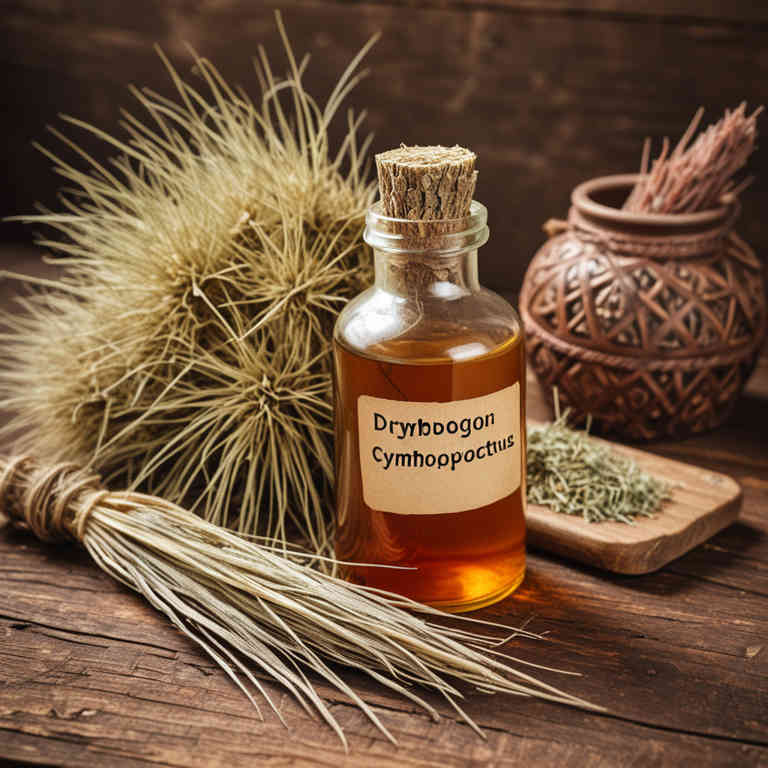
5. Capsules
Cymbopogon citratus capsules is commonly used to support digestive health, reduce stress, and alleviate symptoms of nausea and motion sickness.
These capsules are also widely used for their calming effects, helping to manage anxiety and promote relaxation. The most common medicinal uses include treating digestive disorders, headaches, and respiratory issues such as asthma and cough. Additionally, they are used to reduce inflammation and improve skin health.
The bioactive constituents responsible for these effects include essential oils like citral, myrcene, and geraniol, which possess antimicrobial, anti-inflammatory, and antioxidant properties.
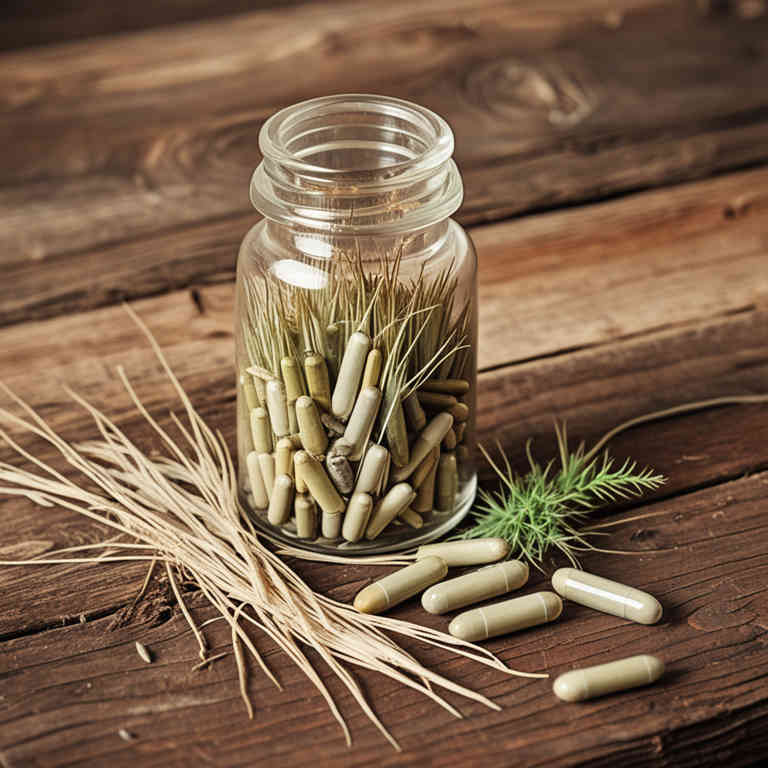
6. Oils
Cymbopogon citratus oils is commonly used to treat digestive issues, stress, and respiratory conditions.
These oils are widely utilized for their calming effects, making them popular in aromatherapy and stress relief. They are also used to alleviate symptoms of nausea, indigestion, and even headaches. The bioactive constituents responsible for these medicinal properties include citral, geraniol, and myrcene, which have antimicrobial, anti-inflammatory, and sedative effects.
This herbal preparation is valued for its versatility and natural therapeutic benefits across various health concerns.

7. Syrups
Cymbopogon citratus syrups is commonly used to treat respiratory conditions, digestive issues, and stress-related ailments.
This herbal preparation is widely recognized for its ability to alleviate symptoms of coughs, sore throats, and indigestion. It is also used to reduce anxiety and promote relaxation due to its calming effects. The bioactive constituents responsible for these medicinal properties include limonene, myrcene, and citral, which have antimicrobial, anti-inflammatory, and sedative effects.
Additionally, the presence of flavonoids and essential oils contributes to its overall therapeutic value.
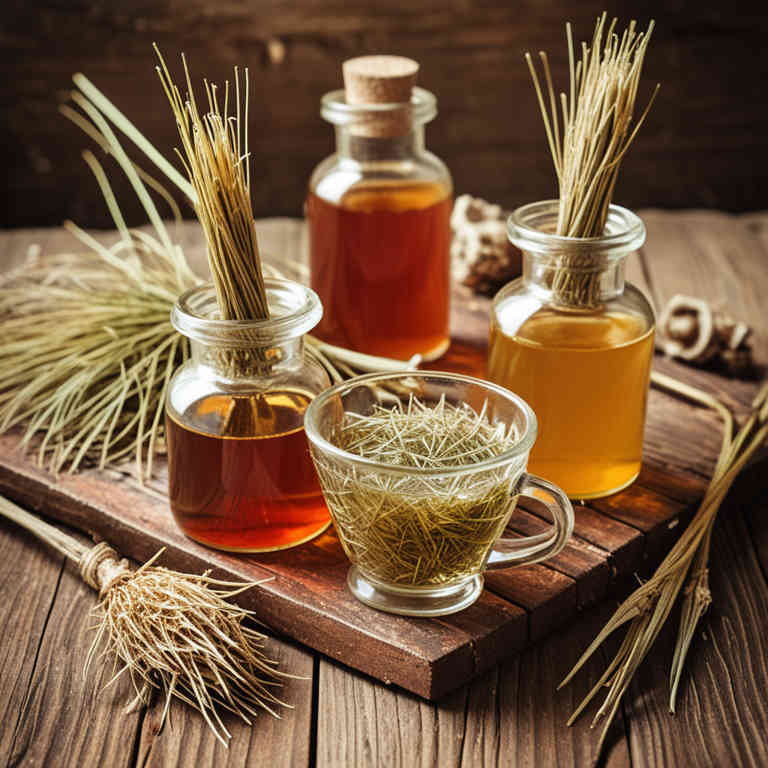
8. Linctuses
Cymbopogon citratus linctuses is commonly used to alleviate respiratory conditions such as coughs, bronchitis, and sore throats due to its expectorant and anti-inflammatory properties.
The most common medicinal uses of this herbal preparation include treating symptoms of colds, flu, and asthma, as well as soothing irritated mucous membranes. It is also used to relieve nausea and as a digestive aid in some traditional remedies. The bioactive constituents responsible for its medicinal properties include essential oils like citral, geraniol, and limonene, which have antimicrobial, anti-inflammatory, and bronchodilatory effects.
These compounds contribute to its effectiveness in reducing respiratory discomfort and promoting overall wellness.
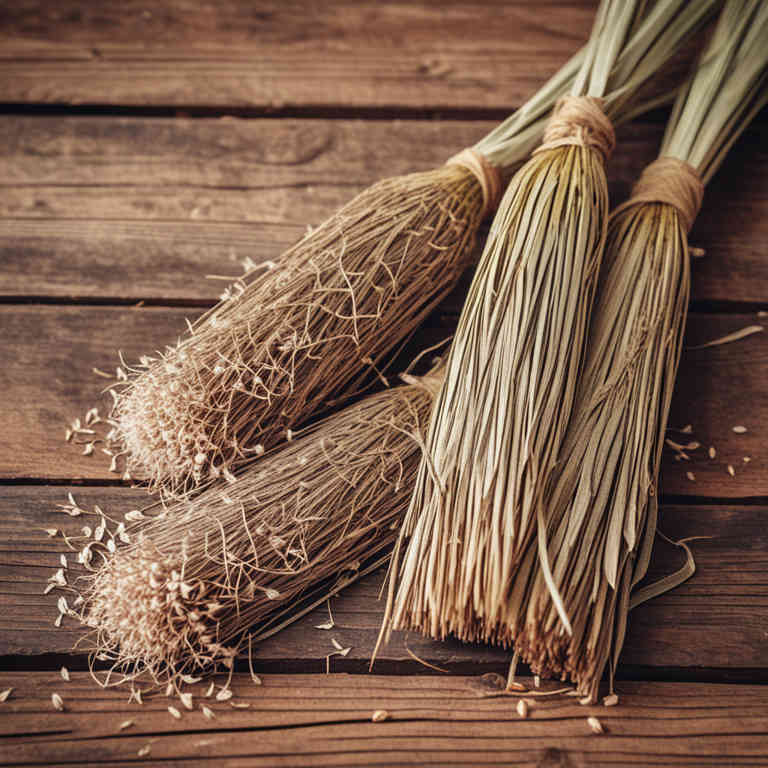
9. Lozenges
Cymbopogon citratus lozenges is commonly used to alleviate symptoms of respiratory and oral infections due to their antimicrobial and anti-inflammatory properties.
These lozenges are frequently used to treat sore throats, coughs, and colds by soothing irritated mucous membranes and reducing inflammation. They are also employed to freshen breath and combat bad odors caused by bacterial growth in the mouth. The medicinal effects of these lozenges are attributed to bioactive constituents such as citral, geraniol, and myrcene, which possess antimicrobial, antiseptic, and anti-inflammatory properties.
Additionally, these compounds may contribute to the plant's ability to support immune function and reduce symptoms of respiratory ailments.

10. Liniments
Cymbopogon citratus liniments is commonly used to relieve muscle pain, inflammation, and skin irritations due to its aromatic and antiseptic properties.
The most common medicinal uses of this herbal preparation include treating conditions such as rheumatism, arthritis, headaches, and minor skin infections. It is also used for its calming effects to help with stress and anxiety. The bioactive constituents responsible for its medicinal properties include citral, limonene, geraniol, and myrcene, which have antimicrobial, anti-inflammatory, and analgesic effects.
These compounds work together to provide the therapeutic benefits associated with Cymbopogon citratus liniments.
